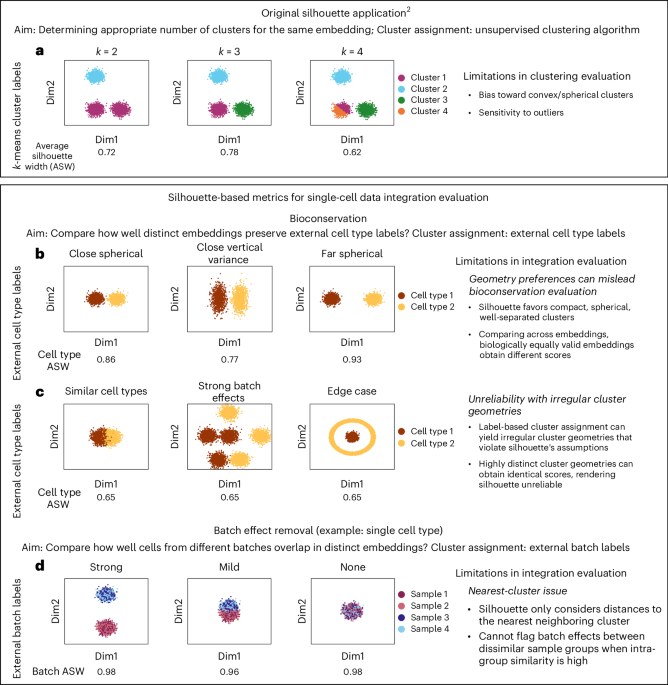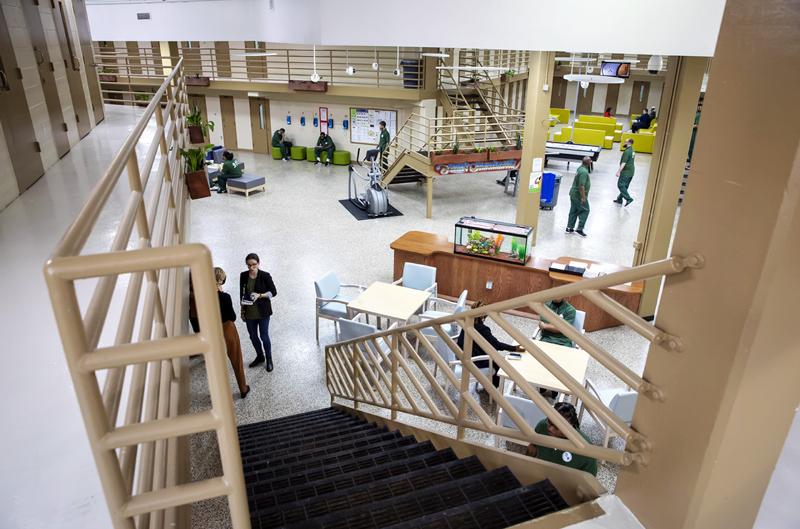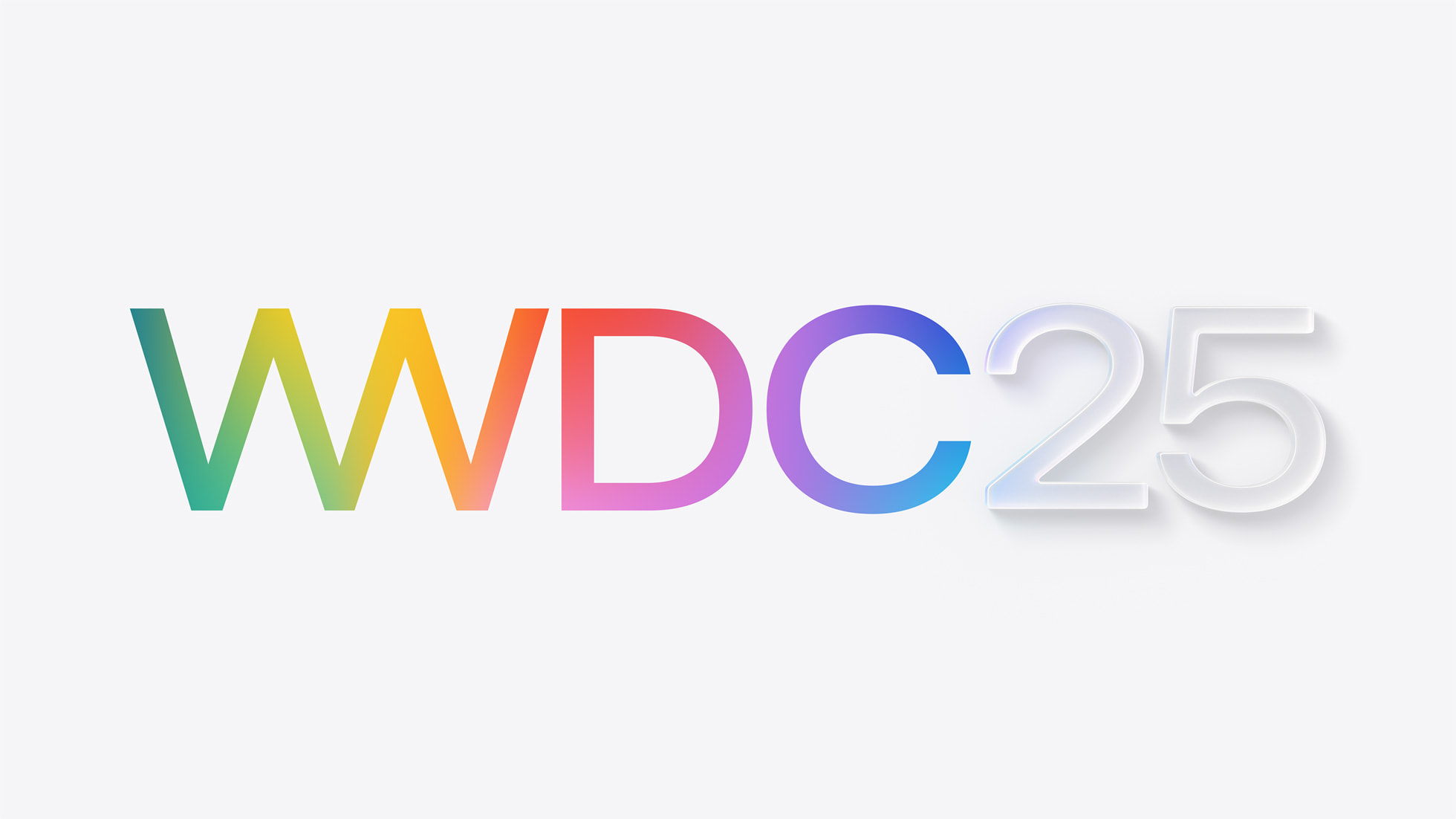Now Reading: Apple’s Unreleased Devices: A Look at What Never Made It to Market
-
01
Apple’s Unreleased Devices: A Look at What Never Made It to Market
Apple’s Unreleased Devices: A Look at What Never Made It to Market
Quick summary
- Apple’s Unreleased Products & Prototypes:
– Apple has a history of developing innovative products that where never released, including:
– Apple Car: A self-driving electric vehicle project involving over a billion dollars in research adn thousands of employees. Discontinued and resources shifted to AI progress.
– AirPower Charging Mat: Announced but canceled due to technological challenges, especially with overheating issues. Apple’s vision partially carried forward with later products like the MagSafe Duo Charger.
– Magic Charger: A MagSafe-integrated metallic stand rumored through prototype leaks, never officially launched despite apparent practicality.
– Paladin All-in-One Device (1995): Intended for small businesses as a combined computer, scanner, fax machine, and phone-never introduced commercially.
– PowerBook G5 Laptop Rumors (2000s): Scrapped amidst an industry shift; replaced by the MacBook Pro launch in 2006.
– iPod Phone Concept: Explored integrating cellular functionality into iPods but abandoned due to impractical Click Wheel dialing design.
- Potential Siri Delay Implications:
– Apple’s promised Siri 2.0 update may not arrive until iOS 19 in 2026 rather of iOS 18 next year as planned. Reports suggest internal struggles could lead to rebuilding its AI assistant from scratch.
Images accompanying these details highlight notable prototypes such as the AirPower mat and Paladin device mockups.
Indian Opinion Analysis
Apple’s approach underscores a beliefs favoring perfection over premature launches-a principle reflected in its reluctance to release technology it deems inadequately refined or ahead of public expectations.The discontinuation of aspiring projects like the Apple Car also demonstrates strategic prioritization amid resource-heavy competition areas like artificial intelligence.
For India-which represents one of Apple’s growing markets-the potential implications revolve around how these innovations or failures might influence future offerings tailored for Indian consumers. Products like AirPower could have facilitated convenience for users increasingly relying on interconnected ecosystems across devices; however, their absence constrains uniform experiences at higher price points typical of more advanced gadgets.
Regarding Siri delays’ impact globally-and possibly locally-this setback exemplifies how even tech giants face hurdles when scaling AI advancements responsibly within secure operational frameworks. With competitive pressures mounting from rivals excelling in adaptive smart assistants (e.g., Google Assistant), sustained delays may erode user confidence while boosting opportunities for competitors seeking stronger footprints worldwide-including India’s rapidly tech-adopting demographic base.
Read More here.


























